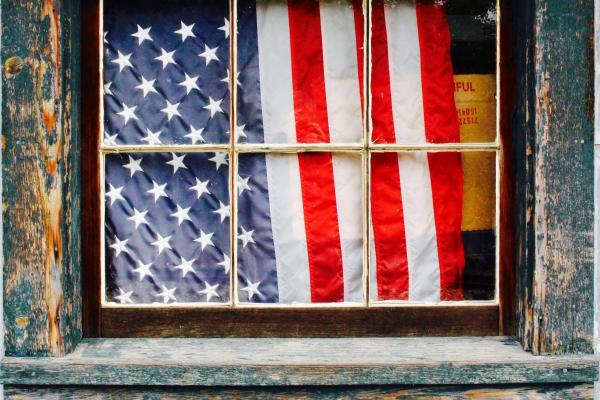Nov 8, 2018
Despite the split decision of this election— with the House going to the Democrats and the Senate to Republicans — the results do not mean it will be easy to prevent Trump from making further dangerous, corrupt, or autocratic moves over the next two years. But the election does mean that any moves like these will be challenged by key oversight committees in the House; at least after the new Congress is seated on January — but the lame duck session between now and then becomes a dangerous time to see what Donald Trump may try to do.
Read the Full Article

Already a subscriber? Login
